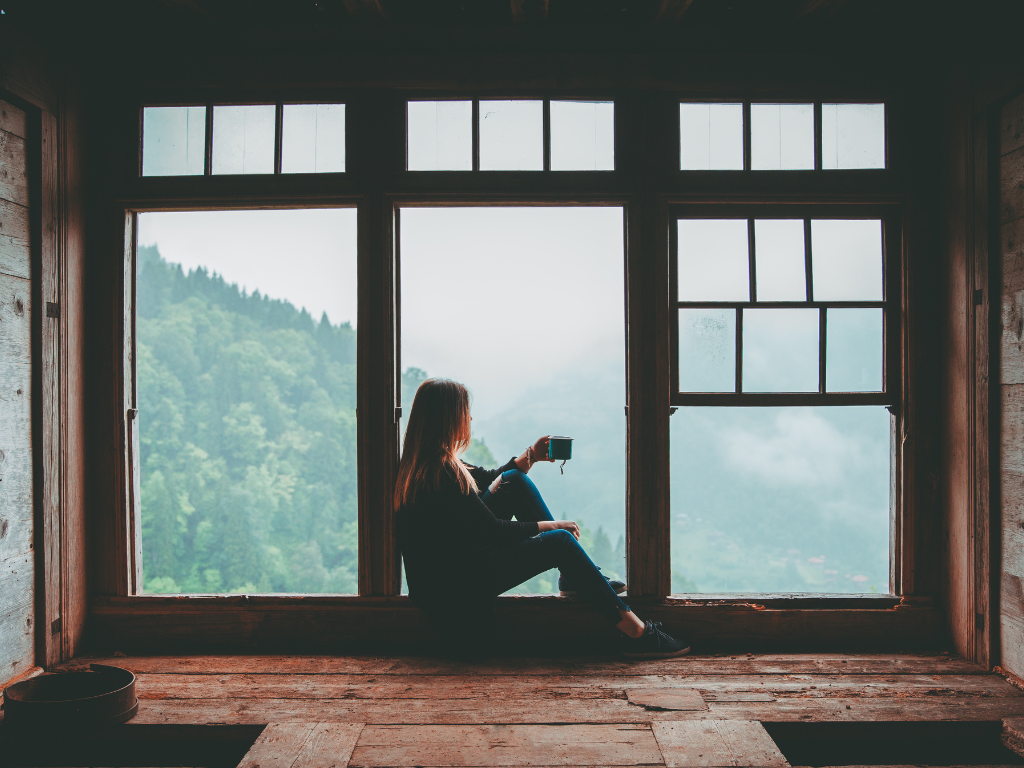Coffee is more than a ritual—it’s a source of energy, focus, and even emotional comfort. But have you ever wondered if timing your coffee consumption could make it more effective or beneficial?
In this article, we’ll explore the science behind the best time to drink coffee, how your body’s internal clock (circadian rhythm) influences caffeine’s effects, and practical tips to maximize alertness without disrupting your sleep or building dependency.
How caffeine works in the body
Caffeine is a central nervous system stimulant that temporarily blocks adenosine receptors in the brain. Adenosine is the chemical responsible for making you feel sleepy—when caffeine blocks it, you feel more awake and alert.
Caffeine also triggers the release of:
- Dopamine (improves mood and motivation)
- Epinephrine (also known as adrenaline)
- Cortisol (the body’s natural stress hormone)
While caffeine acts fast (you can feel effects in 15–30 minutes), its half-life—the time your body takes to eliminate half of it—is around 5 to 6 hours, meaning its effects can linger for much longer.
This is why timing matters.
Your circadian rhythm and cortisol levels
Your body runs on a 24-hour internal clock, known as the circadian rhythm, which affects sleep, digestion, hormone production, and energy levels. One hormone under its control is cortisol—which naturally boosts alertness and energy in the morning.
Here’s the catch: if you drink coffee when cortisol is already high, you may:
- Feel little to no extra energy from the coffee
- Increase your body’s caffeine tolerance
- Risk more anxiety or jitteriness
Natural cortisol peak times:
- 8:00 – 9:00 AM
- 12:00 – 1:00 PM
- 5:30 – 6:30 PM
During these windows, your body already has a natural energy boost. Drinking coffee just after these peaks tends to be more effective.
So, when is the best time to drink coffee?
1. Mid-morning (between 9:30 AM and 11:30 AM)
This is widely considered the ideal window for your first cup of coffee. Cortisol levels are starting to drop, which makes caffeine more effective and less likely to cause overstimulation.
Best for: Improving focus and alertness without interfering with your body’s natural rhythm.
2. Early afternoon (1:30 PM – 3:30 PM)
If you experience the classic afternoon slump, this is a smart time for a second cup—ideally a smaller dose.
Best for: A post-lunch energy boost or mental clarity for afternoon meetings or tasks.
3. Avoid caffeine after 4:00 PM (or 6 hours before bedtime)
Due to caffeine’s half-life, drinking coffee too late can interfere with sleep quality, even if you fall asleep easily. It can reduce deep sleep and make you feel less rested.
Tip: If you’re sensitive to caffeine or have trouble sleeping, set a caffeine curfew—usually around 2:00 or 3:00 PM.
Coffee before or after meals?
Caffeine can suppress appetite slightly and may interfere with iron absorption, especially from plant-based foods.
Best practices:
- Drink coffee at least 30 minutes after a meal to avoid nutrient interference
- Avoid drinking coffee on an empty stomach, as it may cause jitters or stomach discomfort in some people
- If you enjoy coffee with breakfast, consider pairing it with protein or healthy fats to slow absorption
Should you drink coffee right after waking up?
Despite common habits, drinking coffee immediately upon waking isn’t always ideal. Your body is already producing cortisol to wake you up naturally.
Instead, try waiting at least 30–60 minutes before your first cup. Use that time to hydrate with water and let your body’s systems fully activate.
How many cups of coffee per day?
Most health experts and studies agree that 3 to 4 cups of brewed coffee per day (300–400 mg of caffeine) is a safe range for most adults.
Excessive caffeine can lead to:
- Restlessness and anxiety
- Sleep disturbances
- Digestive discomfort
- Caffeine dependence and withdrawal symptoms
Listen to your body and adjust based on sensitivity.
Tips for smarter coffee timing
- Drink water first thing in the morning before reaching for caffeine
- Use coffee strategically, not habitually—save it for when you really need focus or alertness
- Try decaf or herbal alternatives after 4 PM if you want to enjoy the ritual without the stimulation
- If you nap during the day, do it before coffee or 20 minutes after drinking (caffeine kicks in as you wake)
Final thoughts: timing makes a difference
When you drink your coffee is just as important as what you drink. By aligning your caffeine intake with your body’s natural rhythms, you’ll experience more energy, fewer crashes, and better long-term sleep and focus.
So instead of reaching for your mug the moment you open your eyes, consider delaying just a bit—your body (and brain) will thank you.
